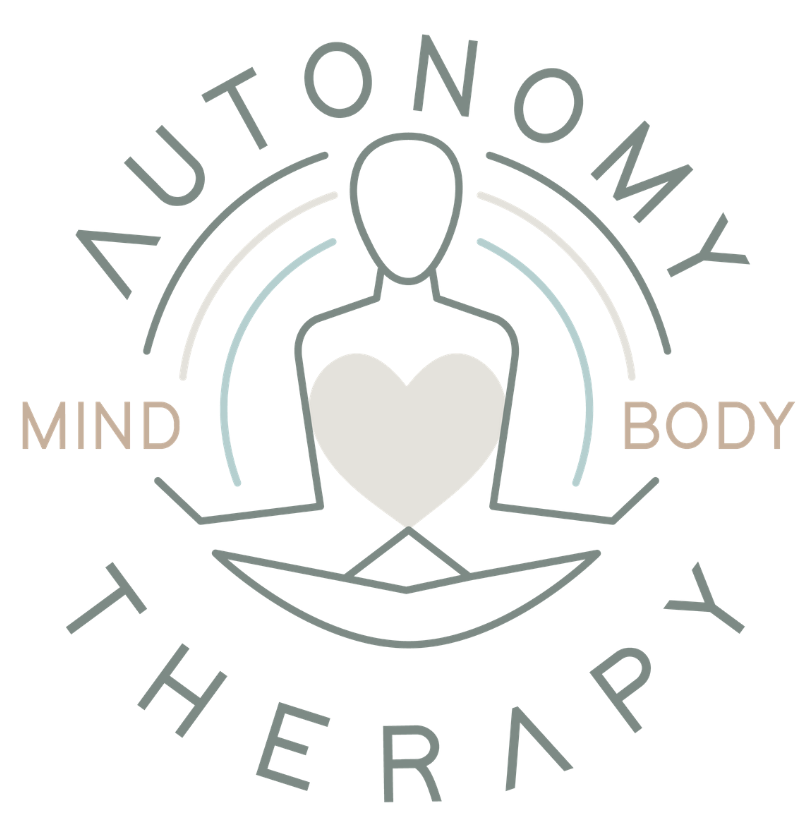How to Manage “Reverse” Seasonal Affective Disorder in Summer Heat
Written by Tiffany Lepa, NCC, LPC-Associate
It's no joke. Texas summers are brutal and negatively impact our mental health. Here in Austin, TX, we reached a full month of triple-digit temperatures. If you’ve noticed your mental health suffering or not feeling quite like yourself, you are not alone.
You have probably heard of seasonal affective disorder (SAD) in relation to winter depression. However, studies show that “reverse” seasonal affective disorder that occurs in the summer impacts about 10 percent of those experiencing SAD. Additionally, these numbers are likely to increase as temperatures rise overall.
What are the symptoms of summer seasonal affective disorder?
Winter SAD and summer SAD present differently. Winter SAD symptoms typically include oversleeping, low energy, increased hunger, apathy, hopelessness, loneliness, and social isolation. On the other hand, summer SAD symptoms include difficulty sleeping, decreased appetite, irritability, restlessness, and anxiety. Summer SAD is also associated with higher suicide rates.
What causes summer seasonal affective disorder?
Heat impacts our bodies and brains. Recent research link exposure to extreme heat and a decrease in cognitive functioning. In particular, this can lead to memory issues, slower response times, and brain fog. Furthermore, heat can decrease activity in the system that helps us stay calm. Anxiety and irritability increase as temperatures rise. A recent study also highlighted an increase in emergency department visits for mental health on the hottest days of the year. Extreme heat is also linked with an increase in aggression including domestic violence.
What factors contribute to summer seasonal affective disorder?
Many factors play into summertime mental health including but not limited to the following:
Climate Anxiety: It is hard to stay chill and relax when you feel like you are melting. Seeing summer as the "best time of the year" is difficult when watching scary weather events fill the headlines. Climate anxiety is real and can lead to feelings of hopelessness, rage, and grief.
Allergies + Pollen: Many Texans have commented on the severity of allergies this year. A constant battle with allergies is not only physically draining, but can also increase depression and anxiety.
Sleep Disturbance: The longer days and warm nights can interfere with our sleep patterns. Sleep is pivotal to mental wellness, and insomnia or poor sleep can lead to increased irritability.
Financial Stress: With vacations, back-to-school shopping, surprise AC repairs, and the overall economy, including layoffs, paychecks run out quicker. This can lead to intense feelings of stress and pressure to work even more.
Fear of Missing Out (FOMO): Whether it’s due to financial stress, a lack of PTO, or other reasons, it brings up many emotions to watch those around you go on vacation while you’re stuck at home. You might feel frustration, loneliness, and envy. Additionally, when summer time is typically associated with happiness and a sense of freedom, feeling depressed or anxious is isolating. You might feel misunderstood, alone, or like there is something wrong with you.
Body Image + Eating Disorders: Diet culture stands out in the summertime. For instance, disordered eating behaviors and compulsive exercise get triggered with the pressure to have a “beach body”. When temperatures are extreme even in the morning and late at night, it is difficult to participate in joyful movement outside. This not only impacts how we feel physically but also how we feel mentally since movement is beneficial for mental health.
Neurodivergence + Sensory Sensitivities: For individuals with sensory sensitivities, summer is extra uncomfortable. Some sensory discomfort includes the harsh brightness of the sun and the sensation of sweat on the skin. Also, not being able to comfortably use comfort items like a weighted blanket or fuzzy socks can lead to irritability.
Ways to manage the impact of summer seasonal affective disorder on mental health
To combat feelings of fogginess and fatigue, it’s important to hydrate! Additionally, some medications can lead to heat sensitivity. Be sure to connect with your medical provider to better understand any reactions.
If you’re sensitive to sunlight or heat, consider getting blackout curtains or closing the blinds. Choose indoor activities such as enjoying a movie in a cool and dark theater. Be sure to keep the AC or fans running if possible.
If you enjoy swimming and other outdoor activities, consider fitting them in earlier in the day or later in the night when temperatures are less severe.
Connect with family, friends, and other loved ones. Consider how they can support you. Remember, it is okay to need professional help from a mental health counselor. Now might be a good time to start couples + family therapy to manage interpersonal conflict. Summer can exacerbate eating disorder behaviors, and recovery does not happen in isolation. Check out our prior blog posts on how to support a loved one struggling with an eating disorder and traveling while in recovery for additional tips.
You don’t have to deal with summer depression on your own. Our skilled team of clinicians is ready to support you. If you’re looking for in-person mental health counseling in the Austin, Texas area or virtual therapy across the state of Texas, contact us for a free 15-minute consultation call.

